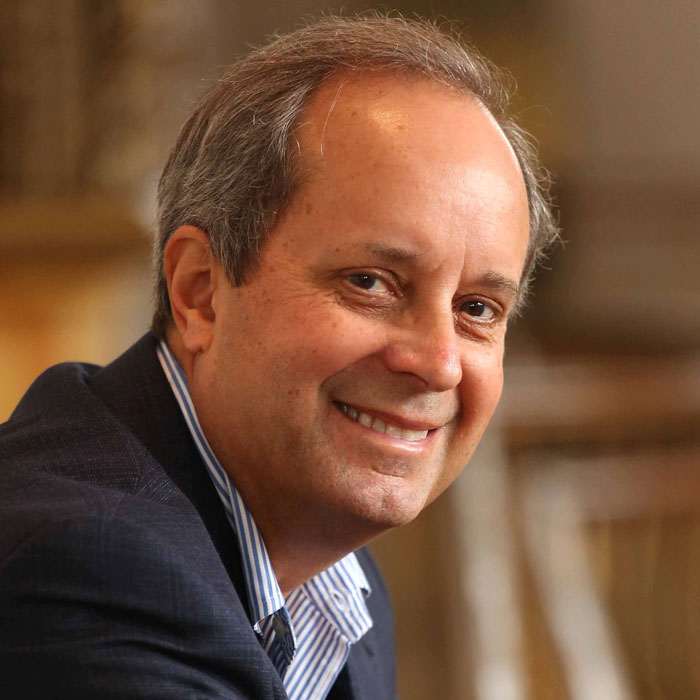When Disaster Strikes, Who Are We Going to Call?
We talk and write a lot about personal preparation for disasters here at the Center for Disaster Philanthropy. Have you made an assessment of the potential risks to you and your community from natural disasters? Have you made preparations? Taken precautions? Do you have an action list of steps to take? All this with good […]
We talk and write a lot about personal preparation for disasters here at the Center for Disaster Philanthropy. Have you made an assessment of the potential risks to you and your community from natural disasters? Have you made preparations? Taken precautions? Do you have an action list of steps to take? All this with good reason – when disaster strikes we’re all first responders. The first actions to protect our loved ones and our personal property need to come from us.
But then what? What if the disaster is so big that it overwhelms our personal efforts? Our instinct is to trust that help is on the way. We’ll call 911. Or we’ll depend on our police and fire departments. Or the state emergency management team. Or the scores of disaster-related nonprofit or faith-based organizations established to respond to disasters.
Most of the time they respond in spectacular fashion. But what if they aren’t prepared? Or lack the capacities or capabilities?
What got me thinking about this was the Ebola crisis. We’re learning that the reason that Ebola crisis has spread so quickly particularly in Liberia, Sierra Leone, and Guinea is because of a total collapse of the public health systems. A recent Washington Post story reported that the health system is so bad in Liberia that “people are dying of preventable or treatable conditions such as malaria, diarrhea, pneumonia and the effects of high blood pressure and diabetes, such as strokes. “If you stub your toe now in Monrovia, you’ll have a hard time getting care, let alone having a heart attack or malaria,” said Sheldon Yett, the Liberia representative for UNICEF.”
Sam Worthington, head of Interaction and a partner of CDP, observed in an email this week it’s only going to get worse: “Additionally, as farmers cannot tend to their fields and shipping embargoes hinder food imports, the Ebola epidemic has sent food prices soaring. The UN estimates that 1.3 million people in Liberia, Sierra Leone and Guinea will need food assistance in the coming months.”
As a result, the efforts to stop the spread of Ebola are also requiring steps to provide basic health services. USAID’s web site reporting on its work said, “Our current efforts have focused on controlling the spread of the disease—bringing in labs for specimen testing; supporting the construction and management of Ebola treatment units; airlifting critical relief supplies; strengthening emergency response systems of the affected governments; supporting burial teams who are safely managing human remains to prevent transmission; and spearheading mass public awareness campaigns with communities to describe how to prevent, detect, and treat Ebola.
Is this another story about some distant countries, something that will never affect us? I don’t think so. This should be something all Americans are concerned about. Are we investing enough in America’s health research and public health systems? Are we giving enough support to international organizations like the United Nations and WHO to protect the world from pandemics? Who are we going to call? I think David Brooks was right when he called these organizations the bulwarks of the civil and global order in a New York Times piece. “Post-Internet, many people assume that big problems can be solved by swarms of small, loosely networked nonprofits and social entrepreneurs. Big hierarchical organizations are dinosaurs. The Ebola crisis is another example that shows that this is misguided. The big, stolid agencies — the health ministries, the infrastructure builders, the procurement agencies — are the bulwarks of the civil and global order. Public and nonprofit management, the stuff that gets derided as “overhead,” really matters.
“When the boring tasks of governance are not performed, infrastructures don’t get built. Then, when epidemics strike, people die.”
